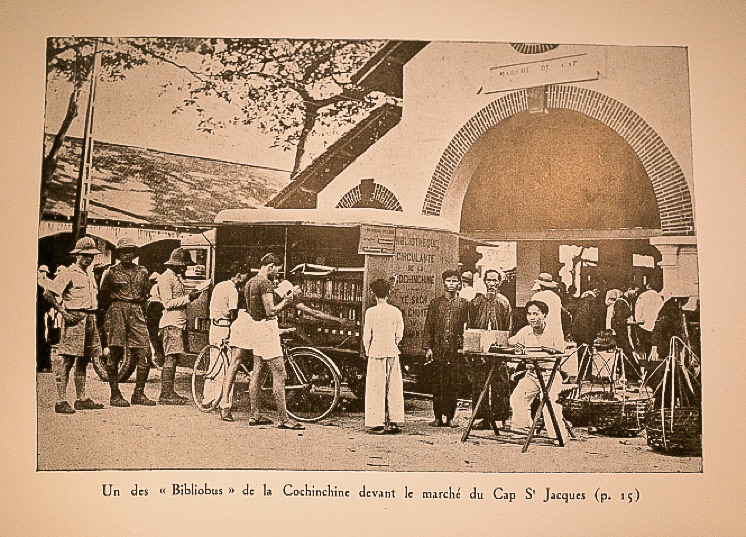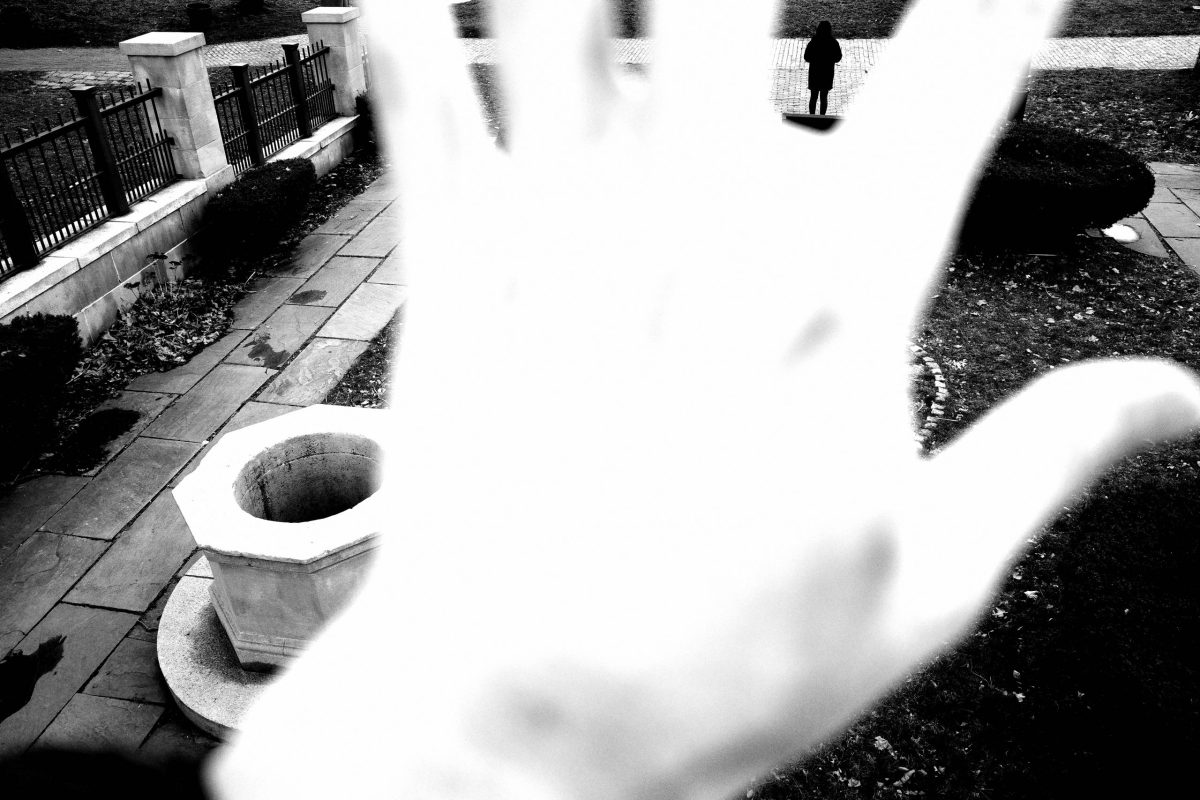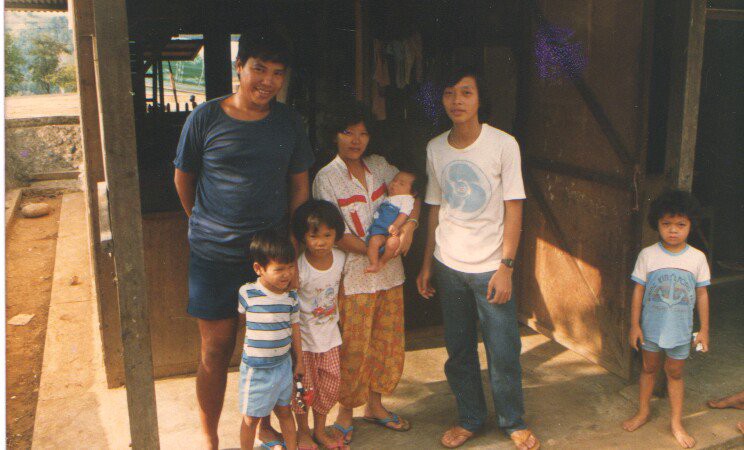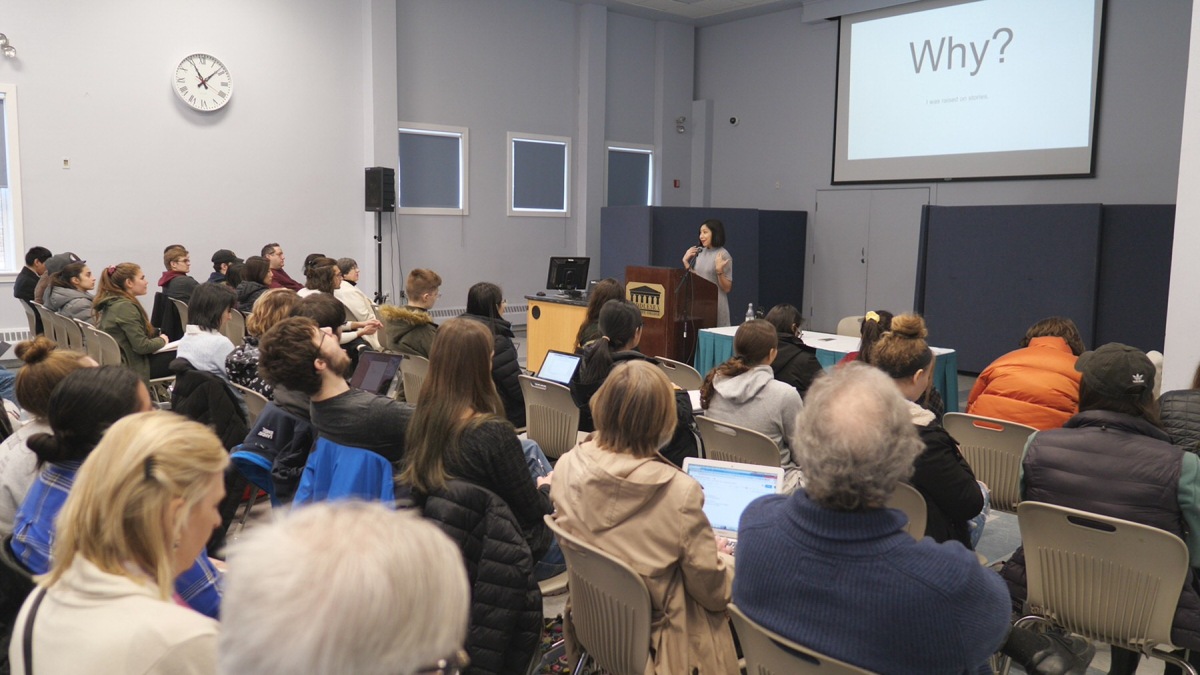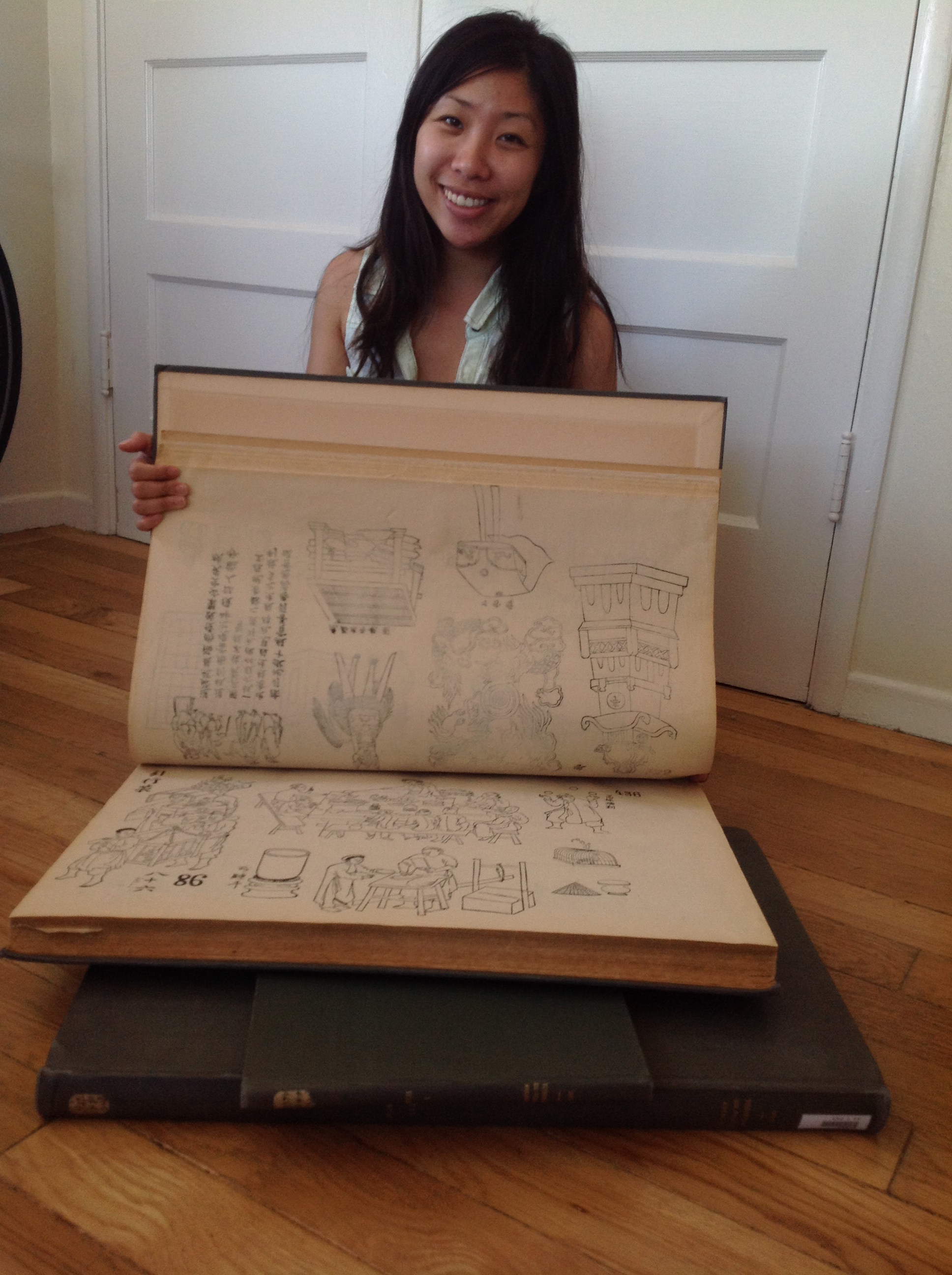Last spring I was invited to give a virtual talk at Yale’s Southeast Asia Seminar. It was an honor to present a portion of my manuscript Misreading at the Yale seminar, and to be part of the vibrant Q&A, which due to its virtual format spanned institutions and continents. Thank you to Quan Tran for the talk moderation, Yale’s Council on Southeast Asian Studies for the kind invitation, and to all who were able to attend.
Abstract
This talk examines the role of state-sponsored libraries within the landscape of print culture and reading public in late colonial Vietnam. I consider how library administrators and government officials defined ‘good reading’ as didactic, politically safe, and vulgarizing reading matter. Through the specific project of the Cochinchina Library bibliobus or xe sách [book wagon],* I reveal how colonial print control and book distribution drew inspiration from the Dutch East Indies Balai Pustaka and American libraries and publishing initiatives. This talk contributes two major interventions in the history of libraries and colonialism in Vietnam. Firstly, it situates the library within the landscape of print culture and peripheries of colonial control, and secondly it points to the administrative exchanges between imperial projects and international library sciences. This talk is part of my book manuscript Misreading: Social Life of Libraries and Colonial Control in Vietnam, 1865-1958. I examine the mechanics, discourse, and everyday practice of the library to fulfill its role as an official governmental institution, resource of public education, and cultural space for the practice of collective responsibility, urban civility, and public reading. I embed libraries within the multilayered landscape of print control—the politics of production, dissemination, and preservation of print matter. I follow the dynamic debates on print control among French colonial and post-colonial government administrators, librarians, archivists, translators, publishers, and readers. These diverse actors investigated the content, language, and influence of ‘good reading’ and initiated projects to disseminate reading matter through translation, publishing, and libraries.

